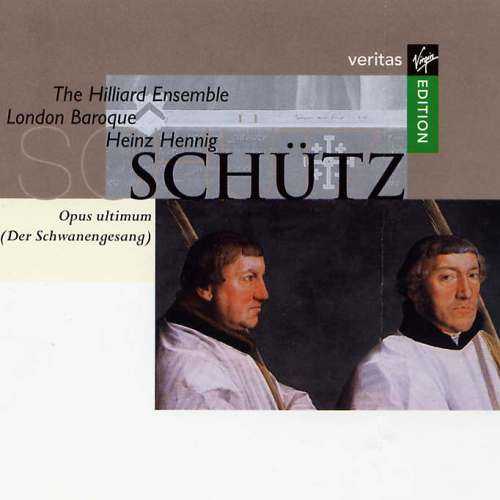
Orchestra: The Hilliard Ensemble, Knabenchor Hannover, London Baroque
Conductor: Heinz Hennig
Composer: Heinrich Schutz
Audio CD
Number of Discs: 2
Format: APE (image+cue)
Label: Virgin Veritas
Size: 403 MB
Recovery: +3%
Scan: yes
Disc: 1
1. I. Aleph Et Beth: Wohl Denen, Die Ohne Wandel Leben
2. II. Gimel Et Daleth: Tue Wohl Deinem Knechte
3. III. He Et Vau: Zeige Mir, Herr, Den Weg Deiner Rechte
4. IV. Dsain Et Chet: Gedenke Deinem Knechte An Dein Wort
5. V. Thet Et Jod: Du Tust Guts Deinem Knechte, Herr
6. VI. Caph Et Lamed: Meine Seele Verlanget Nach Deinem Heil
7. VII. Mem Et Nun: Wie Habe Ich Dein Gesetze So Lieb
Disc: 2
1. VIII. Samech Et Ain: Ich Hasse Die Flattergeister
2. IX. Pe Et Zade: Deine Zeugnisse Sind Wunderbarlich
3. X. Koph Et Resch: Ich Rufe Von Ganzem Herzen
4. XI. Schin Et Thau: Die Fursten Verfolgen Mich Ohn Ursach
5. XII. Jauchzet Dem Herrn, Alle Welt!
6. XIII. Meine Seele Erhebet Den Herren
the_hilliard_ensemble_schutz_opus_ultimum02.rar – 201.4 MB
This Virgin Veritas Edition re-release from 1985 brings together no less than four different ensembles to produce Heinrich Schütz’s “Opus ultimum”, his “swan song”, a polyphonic setting of Psalms 119 and 100 and of the German Magnificat. The Hilliard Ensemble is represented by six singers (David James and Ashley Stafford, countertenor; John Potter and Leigh Nixon, tenor; Paul Hillier and Gordon Jones, bass), but is joined by four solo trebles, members of the “Knabenchor Hannover” (Hanover Boys’ Choir). This boys’ choir is responsible for a lot of the singing on the disc; but there is also plenty of instrumental accompaniment, and for this two ensembles are responsible: London Baroque (two violins, tenor violin, cello, violone and positive organ) and an unnamed, probably ad hoc instrumental ensemble consisting of recorders, cornets, trombones and chitarrone (and boasting well-known early music instrumentalists such as Roland Wilson, Detlef Bratschke, Bruce Dickey, Charles Toet and Stephen Stubbs). The recording was made in St Osdag’s Church in the village of Mandesloh in North Germany, and the acoustics are very definitely “churchy”, the goings-on having been quite realistically captured by EMI’s engineers.
The works themselves (SWV 482 through 494) were intended by Schütz to be his musical legacy and demonstrate his facility in adapting the polychoral musical style of Venice, where he trained with Giovanni Gabrieli, to Protestant German-language church music. He uses the Luther translation of the psalms, with introductions in the Gregorian mould followed by a mixture of solo and choral singing that sounds quite magnificent (and bears being listened to at quite a loud volume if your neighbours happen to be out!). Of course, the use of instruments, while adding to the effect of the whole, does make the entire sound panorama a little “thick” in places, making concentration while listening a priority.
The two discs together have a total playing time of only 96 minutes.
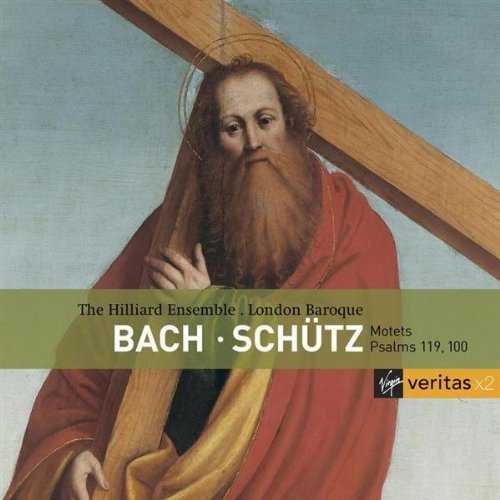
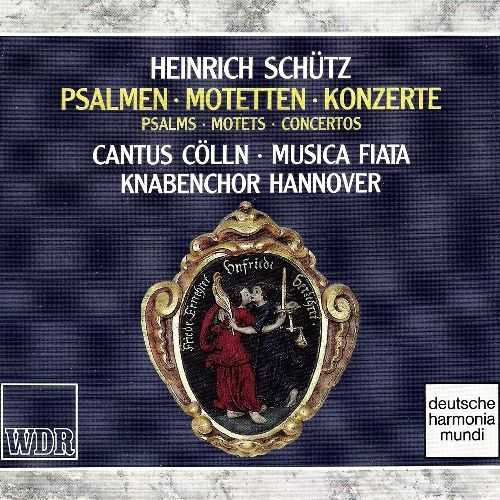
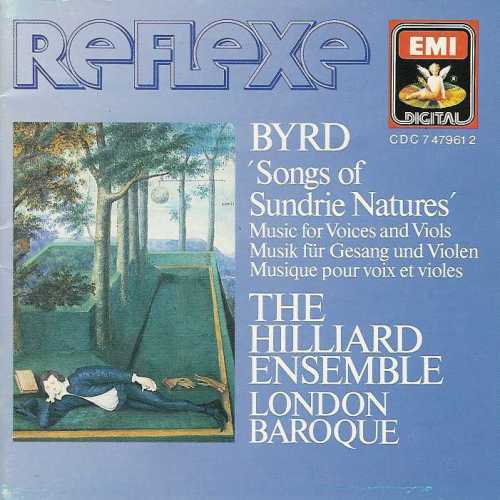
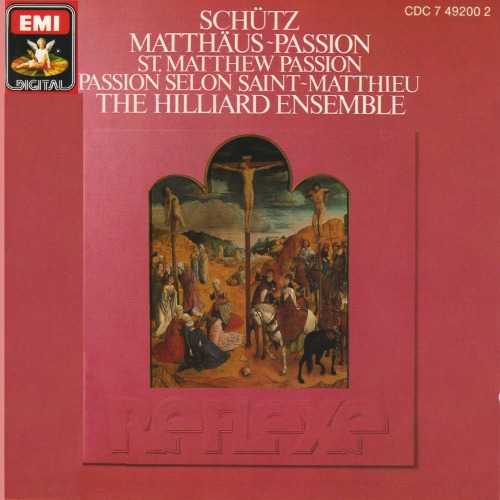
Thank you! I am unfamiliar with Schutz, and this is broadening my musical experience. He sounds somewhat like Gabrieli, a favorite of mine. Thank you very much again.
thanks a lot
Thank you so much for this!